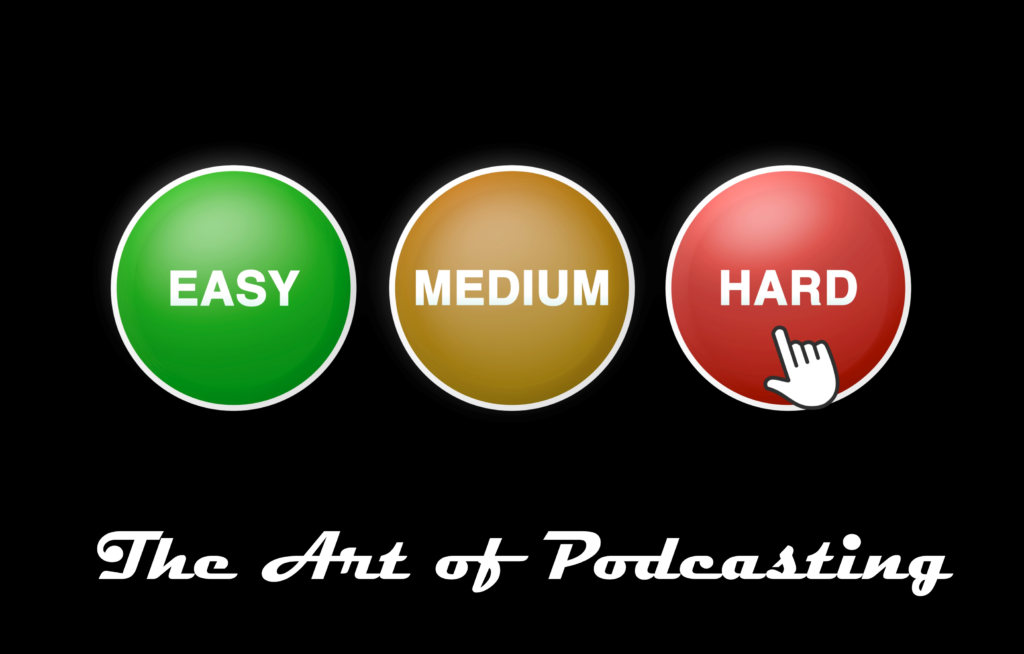
There’s a term in many sports called “degree of difficulty.” In the Olympics, dives are rated on how challenging they are. Based on that scale, the toughest to pull of dive is the “reverse 4½ somersault in the pike position” which has a degree of difficulty rating of 4.8.
I’m beginning to think that when it comes to creating content on various platforms – radio, short-form video, social media posts – it is a truism that podcasting is the closest equivalent to that “reverse 4½ somersault in the pike position” dive.
But the difference is that when you see this intricate, challenging dive performed, you know it’s near impossible to pull off, whether you’re a professional diver or a belly flopper. With podcasting, it’s the opposite. If you would have asked most radio pros five years ago about its degree of difficulty, you would have heard responses like “We’re audio experts – we know how to do this stuff.”
Of course, the reality has been a different story. While there have been a handful of successes by broadcast radio teams, their efforts have been muddied by the sheer expense of producing winning podcasts, not to mention the difficulty of monetizing them without the help of a network. That’s why some broadcasters have purchased existing podcasting franchises or gotten out of the game altogether.
 Even podcasters who have been at it a decade or more will tell you the same thing. Producing a podcast is an intricate challenge. Part of that is due to the reality that you can’t just make one. Podcasts work best when they’re in a series, hooking the listener into the umbrella brand, hoping they binge them all.
Even podcasters who have been at it a decade or more will tell you the same thing. Producing a podcast is an intricate challenge. Part of that is due to the reality that you can’t just make one. Podcasts work best when they’re in a series, hooking the listener into the umbrella brand, hoping they binge them all.
Nowadays, those independent podcasts have discovered a whole new challenge – competing against the elephants in the room. We’re talking about the well-heeled big boys – and girls – who have all but taken over the space: Spotify, iHeartRadio, NPR, and a precious few others. For every Joe Rogan, there are hundreds of thousands of fledgling podcasters at the bottom of the pyramid.
Some of them don’t care. They were podcasters before there was “Serial.” They are often hobbyists who are in it for the love of the game, or they feel they have something important to say. But for everyone else – especially radio broadcasters – who once believed podcasting is like Play-Doh – just audio in a different shape – the disappointment has been palpable.
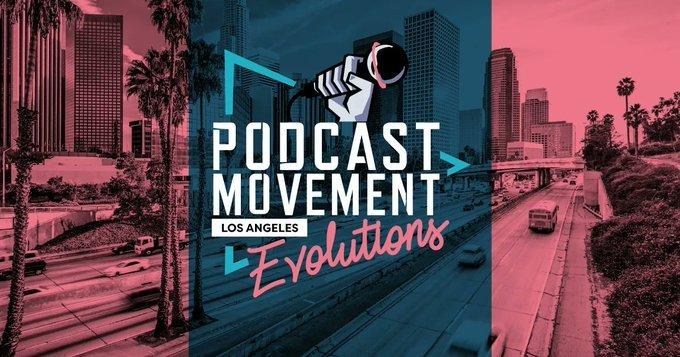 At Podcast Movement’s Evolutions conference happening as you read this in Los Angeles this week, the world has converged to once again analyze their favorite audio platform.
At Podcast Movement’s Evolutions conference happening as you read this in Los Angeles this week, the world has converged to once again analyze their favorite audio platform.
Among them, AllAccess journalist and op-ed columnist, Perry Michael Simon. If you’ve read Perry’s tweets at conferences, you know he’s the king of accurate snark.
The “good Perry” reports the facts for AllAccess. The “cynical Perry” is tweeting up a storm, always bringing his readers’ attention to the contradictions and hypocrisy around him. Like this tweet he unleashed from “Evolutions” yesterday:
So relatable to watch a #PodcastMovement panel on joining a network with people whose shows and companies are on an audience/financial level that 99.999% of the people watching will never come close to sniffing. Sure, let’s all join a network! Conan O’Brien did it and so can you!
— Perry Michael Simon (@pmsimon) March 24, 2022
I did not attend “Evolutions” this year, so you can take these observations about the state of the art of podcasting with many grains of salt. I can’t tell you about the vibe in L.A., the energy in the room, or the cocktail parties that have occurred or are yet to come.
But I can attest to the difficulty of podcasting as a medium. My hat collection goes off to those who are killing it in podcasting, but I can tell you it’s a microcosm who are still making a profit in radio broadcasting. And that’s at a time when podcasting is white hot while “no one listens to the radio.”
This reality came home to roost with a couple of moments this past week involving broadcast radio’s evil twin, SiriusXM. Like Spotify, the satellite radio giant has a lot of diversifying to do. First, their entire usage was tied up in with in-car listening. We saw how that played out during the early months of the pandemic. Even SXM’s app, fostering in-home and at-work listening, couldn’t reverse the company’s fortunes during COVID.
 And then there are those same streaming royalty fees that force virtually all streaming players to diversify into other areas. That explains Spotify’s strategy with podcasting. The streaming-only model is an onerous one if that’s all a company does.
And then there are those same streaming royalty fees that force virtually all streaming players to diversify into other areas. That explains Spotify’s strategy with podcasting. The streaming-only model is an onerous one if that’s all a company does.
After acquiring Pandora – an acquisition that by all accounts has not gone well – SXM purchased Stitcher, a podcasting network. The plan was an obvious one. Like Spotify, the satellite broadcasters needed another core profit center. Unlike Spotify, the audience for satellite radio has always skewed older. Part of the Stitcher calculus was undoubtedly to “young up” the customer base by making podcasting a key content vertical.
According to a blistering new article in The Verge by Ashley Carman, however, the best laid plans of SXM may have gone awry.
The story is linked above, and rather than giving you a play-by-play, you can read it for yourself. If even half the reporting is true, it’s a devastating report card for the SatRad company.
The title alone tells you all you need to know:
“How SiriusXM bought and bungled a beloved podcast network”
SXM bought Stitcher in 2020 (along with Midroll and Earwolf) for as much as $325 million. Along with Pandora ($3.5 billion in 2018) and SoundCloud ($75 mil also in 2020), the satellite radio juggernaut had their ducks all lined up.
But as we know with acquisitions, how it looks on paper and how it plays out in real life can be two different things.
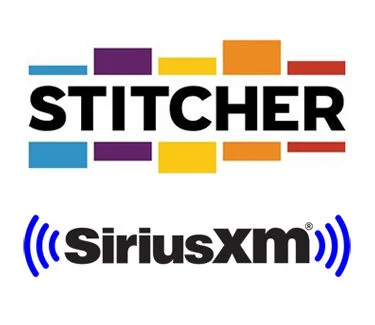 Veteran broadcasters remember similar circumstances with Clear Channel when they combined their giant portfolio of radio and network shows with Live Nation and what became Clear Channel Outdoor seemed like a formidable, can’t miss domination strategy.
Veteran broadcasters remember similar circumstances with Clear Channel when they combined their giant portfolio of radio and network shows with Live Nation and what became Clear Channel Outdoor seemed like a formidable, can’t miss domination strategy.
But among other things, it became arduous to combine these very different cultures under the same umbrella. Infighting, silos, and different operating philosophies often present serious barriers to success, despite what CFOs read on their spreadsheets.
According to The Verge story, that’s a big part of what has created barriers for SiriusXM to successfully integrate Stitcher and podcasting content.
Carman interviewed 13 former Stitcher employees, and the unifying sentiment is that ” the merger was marked by confusion, culture clash, and shifting objectives.” Many have left, including some of the key execs who were running the show – the CEO, CFO, CRO, and CTO to be exact.
Carman’s reporting in The Verge suggest SiriusXM bosses didn’t have “a fully baked podcasting plan” when they purchased Stitcher. They just needed to show Wall Street they were buying a viable podcasting company.
And then there was the inevitable culture clash between the two companies. Podcasters, by their very nature, are an independent breed. Stitcher staffers point the finger at Sirius – and vice- versa. There were differences over many issues, including even “host reads,” the signature format for generating podcasting revenue.
versa. There were differences over many issues, including even “host reads,” the signature format for generating podcasting revenue.
Over the last several years, I’ve seen this same palpable division between podcasters and broadcasters. I have come to think of podcasting as a distinct culture as it is a unique platform.
When radio people disrespect that fine line, there’s usually trouble brewing. Carman notes that Spotify has had its issues integrating Gimlet which it acquired in 2019.
It’s another reason why you have to give Bob Pittman and iHeart credit for their integration of Stuff Media, the podcast content play they put together for a scant $55 million in 2018. No doubt,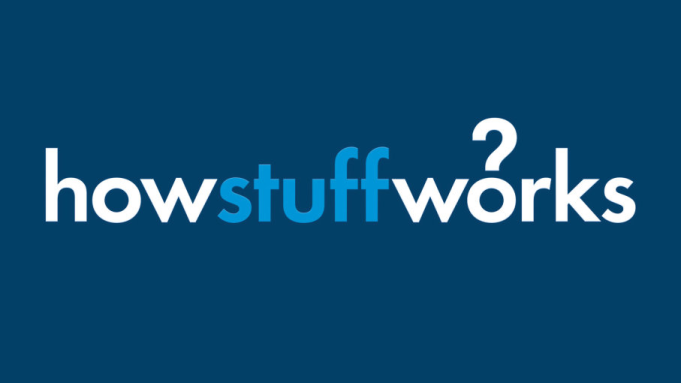 the recognition of the podcasting company’s chief Conal Byrne had a great deal to do with the ease of this merger.
the recognition of the podcasting company’s chief Conal Byrne had a great deal to do with the ease of this merger.
Putting him in charge of iHeart’s Digital Audio Group not only was a smart move – it mitigated much of the “growing pains” other broadcasters have experienced along this challenging path.
The Verge story couldn’t have been published at a worse time for SiriusXM, right ahead of a mega-podcasting conference.
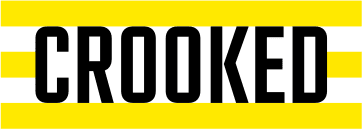 That’s why their announcement two days ago of a multi-year deal with Crooked Media was so fascinating. SXM’s press release naturally touts some of the company’s most prominent productions like “Pod Save America” as well as their many awards.
That’s why their announcement two days ago of a multi-year deal with Crooked Media was so fascinating. SXM’s press release naturally touts some of the company’s most prominent productions like “Pod Save America” as well as their many awards.
As you might expect, Stitcher is buried in the very last sentence of the release, mentioned as an outlet for Crooked Media podcasts.
Mergers and acquisitions are fraught with speed bumps and sand traps under the best of circumstances. When podcasting is involved, the “degree of difficulty” goes up.
SiriusXM has perhaps learned that the hard way.
For their stockholders, they have to hope the Crooked Media marriage gets off to a better start than the Stitcher imbroglio has.
Otherwise, they may read another sad story in The Verge.
Or from Perry Michael’s Simon’s biting keyboard.
- The Hazards Of Duke - April 11, 2025
- Simply Unpredictable - April 10, 2025
- Flush ‘Em Or Fix ‘Em?What Should Radio Do About Its Aging Brands? - April 9, 2025




Radio and podcasting are substantially different businesses, underpinned by different technologies, delivery scenarios, historical cultures, and sales scenarios. (And increasingly, with the exception of public radio, addressable audiences.) The Jacobs radio carve-outs in early PMs did great work, and I also bought into the idea that podcasting could be a natrual on-ramp to a digital future for radio.
I still think radio has a great natural foothold in podcasting — the voice talent, performance skills, and equipment. Some individuals and categories have made the transfer — look at political talk, for example. But time is an issue across the board; it’s a mistake to think that successful podcasts are quickly whipped up in off hours by radio shift hosts.
Hence — acquisition has become the main on-ramp for big commercial radio.
(Hey: The SXM/Stitcher thing? It’s still very early days.)
Brad, I appreciate these prescient comments. They concisely describe what we were trying to accomplish with our “Broadcasters Meet Podcasters” sessions at Podcast Movement.
Radio can bring its megaphone to podcasts, as iHeart has proved since acquiring “Stuff.” But few in radio have the bandwidth to produce podcasts on top of their myriad other duties.
And you’re right that SiriusXM has time to get its arms around Stitcher, and its other new assets. As that pertains to Stitcher, the Verge reporting indicates their initial approach cost them personnel, as many as one-fourth the original staff. Maybe SXM saw that turnover as a natural result of an ownership change, or didn’t value the Stitcher team. We’re not privy to that. But I do know that when a new company alienates talent, it is often hard to come back from that.
Thanks again.
It’s not how long you make it, but how you make it long.
That, too, Clark.
LOL.
The majority of radio’s view of podcasts: “Just put some highlights of your show up there!”
Yup, Moose. And as I think most would agree, that’s not podcasting – it’s on-demand programming and a way to catch up on content you may have missed.
Regarding the former Clear Channel, I also remember how big the company was in TV for several years–and how it integrated separately acquired TV and radio stations in some markets. If it hadn’t spun the TV operations off when it did, it might be a very different company today.
Good points on Clear Channel’s TV portfolio. It might have been a very different footprint.
The SiriusXM/Stitcher problem sounds like a case where the bigger entity told the smaller one how things should be done and it should have been the other way around. SiriusXM has always felt (to me anyway) more like a consumer electronics company than a content focused one and that’s a setup for problems with a vibey, niche, content focused acquisition. You’d think now that M+A drives and dictates the public markets, they’d have figured out how to do it better. The Pandora purchase was an indicator – it felt a lot like when Time Warner bought AOL, right when it became clear that everyone would be using broadband before long.
Radio still knows how to produce spoken word content and has a huge distribution platform to market it. The fact that the Podcasting space is still evolving/lacking direction means the opportunity is still there. This seems like a good space for someone like Mel Karmazin. He always understood the value of talent and keeping them happy. If he was still at the helm at SiriusXM when they bought Stitcher, things might have gone differently.
I wonder how many radio CEOs know what Vans are.
Loved the last question, Bob, and your Mel Karmazin comment is an interesting one. I think you’re right that he would’ve thrived in this environment because he valued talent and franchise entertainment. Appreciate your “take” on SXM.
Unless he put so much pressure on sales that everyone quit, or got ulcers. (think I’ve been there?). ha. Sorry can’t applaud someone who distributed so much discomfort for so long.
Wow. This could have been a master’s thesis or PhD paper. Brilliant.
Appreciate that, Davvid. If you don’t mind, please call me Dr. from this point forward. 🙂
It’s all about content. A weak performer can be successful with great content, a strong performer will fail with weak content.
I’ve been told that a strong half-hour podcast takes around 50 hours to write, edit, and produce.
And if your math is even close to being correct (and it will vary depending on the type of podcast), that’s a lot more prep and execution than one hour of morning radio.
Really good insights in this piece. And agree with the allusion above to “put radio on the podcast”. Actually we did that early at APM when we made Marketplace into a podcast both the 30 minute version and the shorter Marketplace Morning Report versions. Luckily the content was unique enough and in demand enough to drive traffic. We partnered with Midroll to sell it, and it did quite well. Times aren’t quite that simple anymore but my big takeaway from that is that great content will find its audience, regardless of platform. P.S. thanks for linking to other good articles info to…really helps!